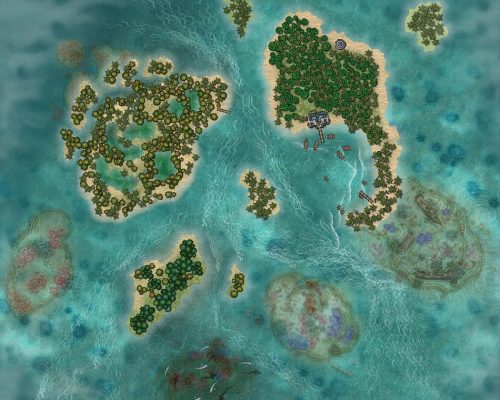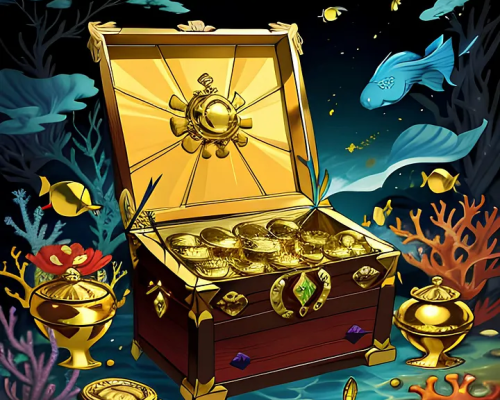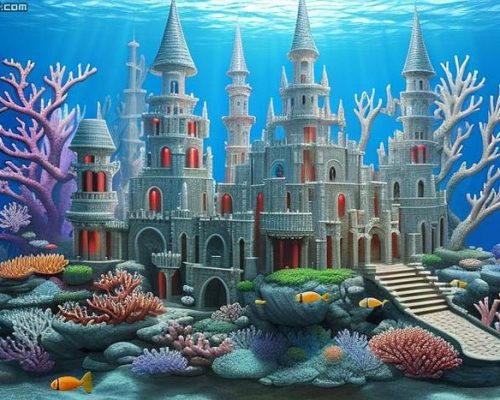
Modern Wealth: Taking from the Earth

In the modern world, wealth has become akin to the pursuits of pirates, sailing the seas to seize treasures and accumulate possessions. It’s a concept centered around the extraction of resources from the Earth, a relentless quest to acquire and amass material abundance. In this narrative, gold, rare metals, and tangible assets serve as the coveted treasures that symbolize affluence and prosperity. Yet, akin to the endeavors of pirates, this definition of wealth primarily involves taking from the Earth’s resources without regard for the toll it exacts on the planet’s well-being.
Shellfish Wealth Societies: An Antithesis to the Economy of Taking

In historical contexts, certain indigenous cultures revered shellfish not merely as a form of currency but as symbols of a profoundly different wealth paradigm. Take, for instance, the Calusa and the Haudenosaunee societies.
The Calusa, dwelling in the warm coastal regions of present-day Florida, navigated the seas and built their societal richness around the abundance of shellfish. These people didn’t just see shellfish as a trade medium; rather, they harmonized their lives with the environment, celebrating the health and vitality of their coastal ecosystem — the real source of their prosperity.
Similarly, the Haudenosaunee, comprising Native American tribes like the Seneca and Mohawk, possessed a fundamentally different concept of wealth. Their reverence for nature, demonstrated through practices like wampum belts made of shell beads, reflected a deeper understanding of riches beyond material accumulation.
Shellfish Wealth: Giving to the Earth

Contrary to the modern perspective, shellfish represent a different kind of wealth — one that gives back to the Earth. These aquatic organisms embody a different form of richness, not in the possession of resources, but in contributing to the planet’s well-being and vitality. They signify a balanced ecosystem and a thriving environment. Their abundance is a testament to the health of the oceans, acting as indicators of clean waters and flourishing biodiversity.
Comparing Economic Perspectives

Economic Value vs. Ecological Significance
Modern wealth often emphasizes economic value, measured by possessions and financial assets. In contrast, shellfish wealth represents the ecological significance of a biodiverse environment. Their presence not only supports local economies through fishing industries but also sustains intricate marine ecosystems.
Resource Extraction vs. Ecosystem Health
Traditional wealth acquisition involves the extraction of resources, sometimes leading to environmental degradation. However, shellfish wealth contributes to the health of the Earth’s ecosystems. Their filtration and nutrient cycling abilities maintain water quality, promoting a balanced marine environment.
Redefining True Wealth
As we reconsider the definition of wealth, it’s crucial to acknowledge the multifaceted nature of riches. While modern wealth focuses on accumulation and extraction, shellfish wealth emphasizes harmony and sustainability. Understanding the significance of shellfish leads us to appreciate the importance of giving back to the Earth and preserving its delicate ecosystems.
Shellfish wealth challenges the traditional notions of prosperity by highlighting the significance of a balanced and thriving environment. It’s not merely about what we can take from the Earth but also about what we can give back. Recognizing the value of shellfish goes beyond their historical use as currency; it underscores the importance of preserving our planet’s natural resources and fostering an environment that sustains life.
This paradigm shift in defining wealth urges us to reconsider our impact on the planet and emphasizes the importance of environmental stewardship for a sustainable future.



